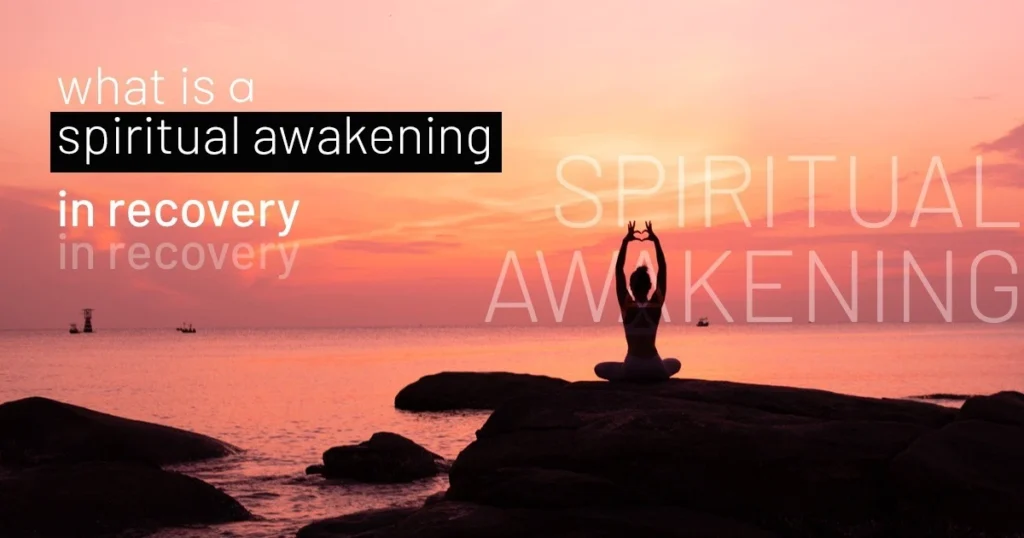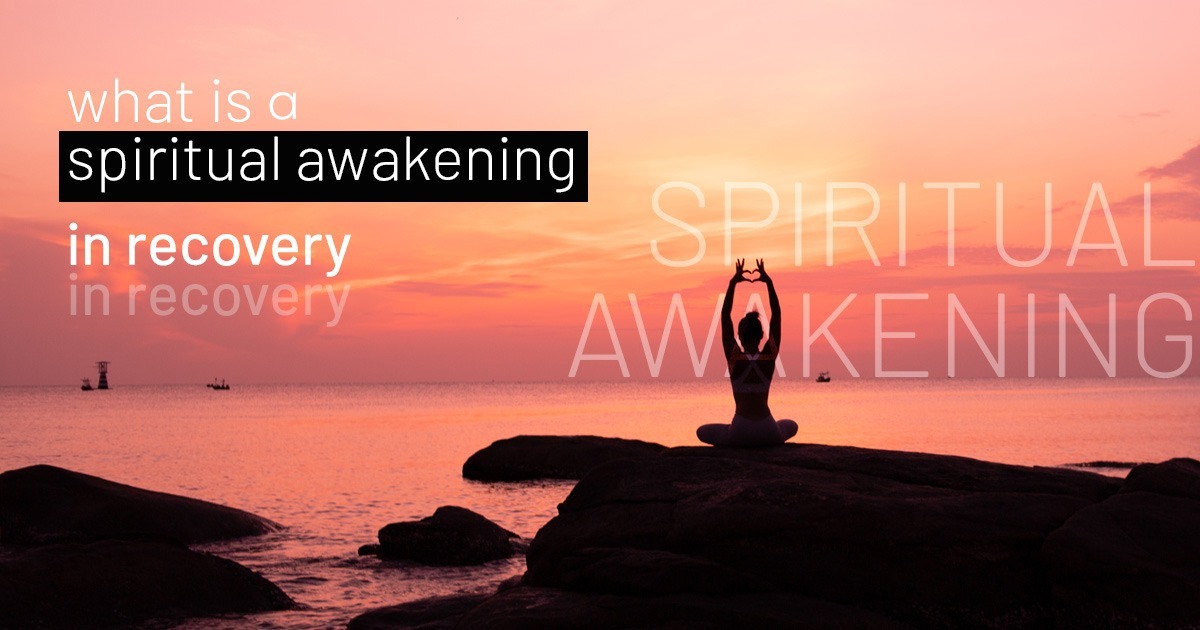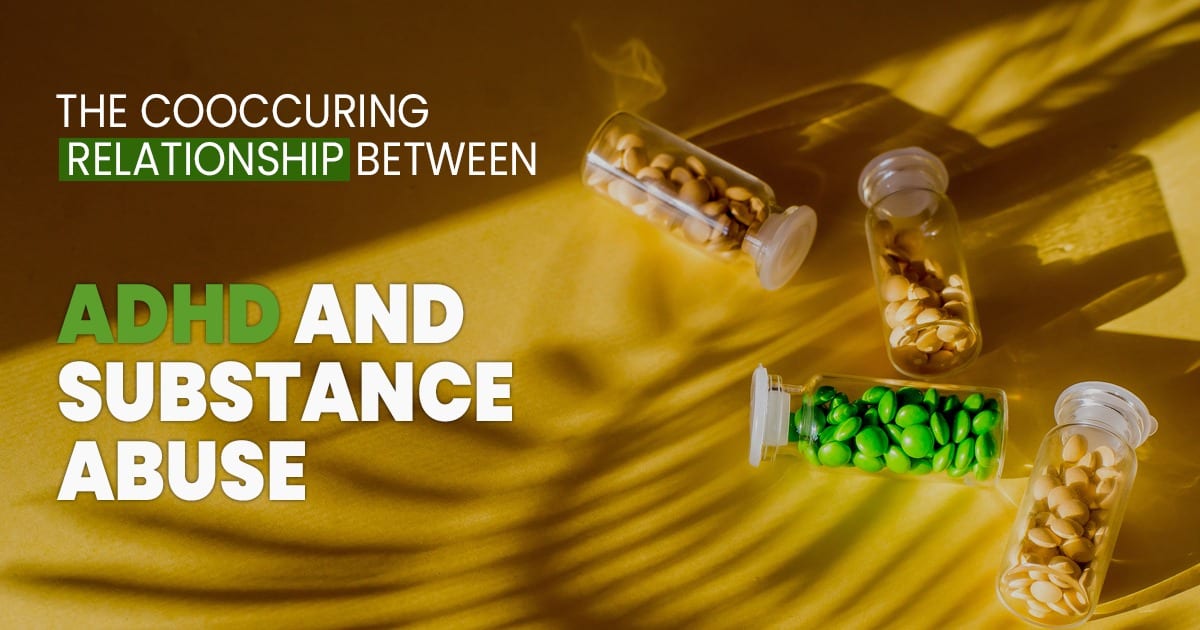
What is a spiritual awakening in recovery? Spirituality is one of the more misunderstood elements of addiction treatment and recovery, yet it is often one of the most important. At Anchored Tides Recovery, we encourage everyone to explore spirituality in a way that works for them, both during treatment and throughout their life.
Your spiritual journey and practice are likely to become something you rely on throughout your life, well after addiction treatment. Active addiction affects your spirit in profound ways, many of which you might not recognize immediately. Addiction keeps you from being truly present or in the moment because the influence of drugs or alcohol is always there. You might feel worthless due to your addiction, believing your only purpose is to use drugs or alcohol.
Addiction can make you lose touch with your emotions, preventing you from experiencing life fully. Recovery often goes hand-in-hand with the spiritual awakening process. This journey can be challenging because it looks different for everyone, but it is incredibly rewarding.
A spiritual awakening in recovery involves an increased sense of awareness and presence in the moment, noticing things you might have previously overlooked. We’ll explore below what we mean when we talk about a spiritual awakening in recovery and how it can happen for different people, regardless of their belief systems.
What is a Spiritual Awakening?
A spiritual awakening isn’t something you experience exclusive to addiction recovery. Awakening can happen at any time in your life, regardless of your circumstances.
You often experience something profound or on a deeper level that leads to a breakdown of your ego. You may feel a tug or call toward deeper mental awareness. The result tends to be a personal transformation along with a shift in how you see yourself and the world around you. For many of us, a spiritual awakening comes after a catalyst in our life.
If you’re going to addiction treatment or struggling with a substance use disorder, the realization that you’ve hit rock bottom or are not in control of your drug use can be that triggering event. It’s usually that initial realization about the true depths of your substance abuse that many people say is the hardest part of recovery. You have to see for yourself the impacts of your addiction on every area of your life before you reach any kind of deeper spiritual awareness. Awakening doesn’t always stem from addiction.
For some people, it’s a traumatic experience such as surviving an assault or abuse, or maybe the loss of a loved one. When you go through something traumatic, it affects you physically, mentally, and emotionally. You may go through an extended period of healing but emerge on the other side of that in a more vital place spiritually. If you have depression or a mental health disorder, it can lead you to what we call an existential crisis. You start to look more at the purpose of your life, and you may want a shift due to that assessment.
You can engage in practices through your daily life that might also activate an awareness or awakening. For example, mindfulness and meditation can be a way to transform yourself on a spiritual level, even without a major life event happening. According to Deepak Chopra, when you experience an awakening, you’re not in a dream world anymore.
Instead, based on Chopra’s framework, you are aware of yourself but only in a way that puts you within the context and connection of everything else. This period is also sometimes called enlightenment or nirvana.

How to Start Your Spiritual Awakening
The process of how to start your spiritual awakening is deeply personal, so below are only suggestions, but you may find a path that’s entirely your own.
- Start to observe and notice. Many of us go through our lives on autopilot. We don’t think about what we truly want, who we are at our core, or why we’re at a particular point in our lives. When you become aware and observant, you’re better able to make changes then. For example, this might be when you question your drinking or drug use and start to delve more into why you’re doing it.
- Develop a sense of connection. Specifically, as it relates to addiction and recovery, that sense of connection can come from participation in a support group, like a 12-step program.
- Let go of attachments. We all have extensions that aren’t relevant to our true selves. You can begin to eliminate whatever those are through your awakening.
- Find inner peace. When you cultivate inner peace, things still go wrong in your life, but it doesn’t lead you down dark paths. Instead, you learn how to cope with things as they go wrong effectively. When you’re experiencing things that aren’t pleasant, you recognize them as a fleeting moment in time.
- Feel more compassion and empathy. When you’re participating in an addiction treatment program, you’ll start to learn more about how your substance abuse affected the people around you. This is an excellent starting point as you begin to become more empathetic and compassionate in all areas of your life.
- More authenticity. You’ll start to grow into someone who feels your self-worth on a deep level. That will allow you to be more authentic in who you are.
The final step in an awakening of your spirit is that you’ll be happier and healthier. You’ll be able to thrive in your life rather than just survive in your recovery process.
Spirituality in Recovery
In many ways, having a successful long-term recovery from addiction relies on spiritual growth taking place. You have to change your perspective to be in recovery. As part of treatment for substance abuse, you can begin to identify and reconnect with the aspects of your life that are most important to you.
Spiritual power can become your most incredible tool for healing, personal growth, and having a thriving life. You can develop a sense of purpose, and at the same time, learn that you’re not alone.
Spirituality Is Not Religion
We often hear from people who worry spirituality is about God or religion. However, it’s important to note that you do not need religion or a belief in God to have a spiritual experience, although you certainly can get your spiritual power from God. A true awakening in the spiritual sense is about having your own beliefs and developing your sense of self that connects you to everything else in the world in your everyday life. You can give credit to whatever force or power you choose.
Are you ready to begin learning how to start your spiritual journey? We encourage you to reach out and learn more about our addiction treatment programs. We prioritize spirituality in whatever terms work for you. Your spiritual life is very personal, which is how Anchored Tides Recovery develops our addiction treatment programs as well, call 866-329-6639 to learn more.
Support starts here.































